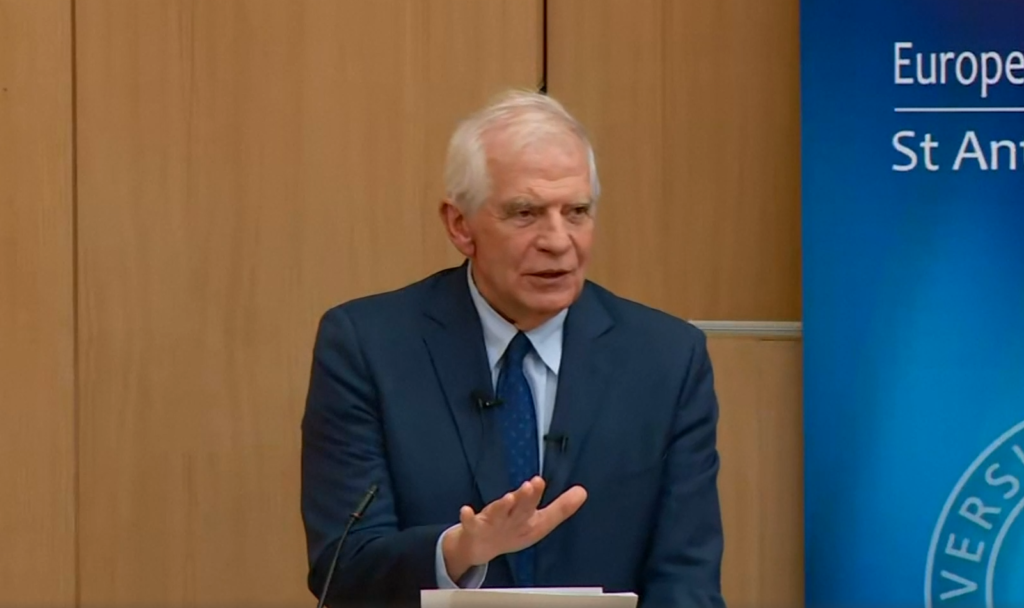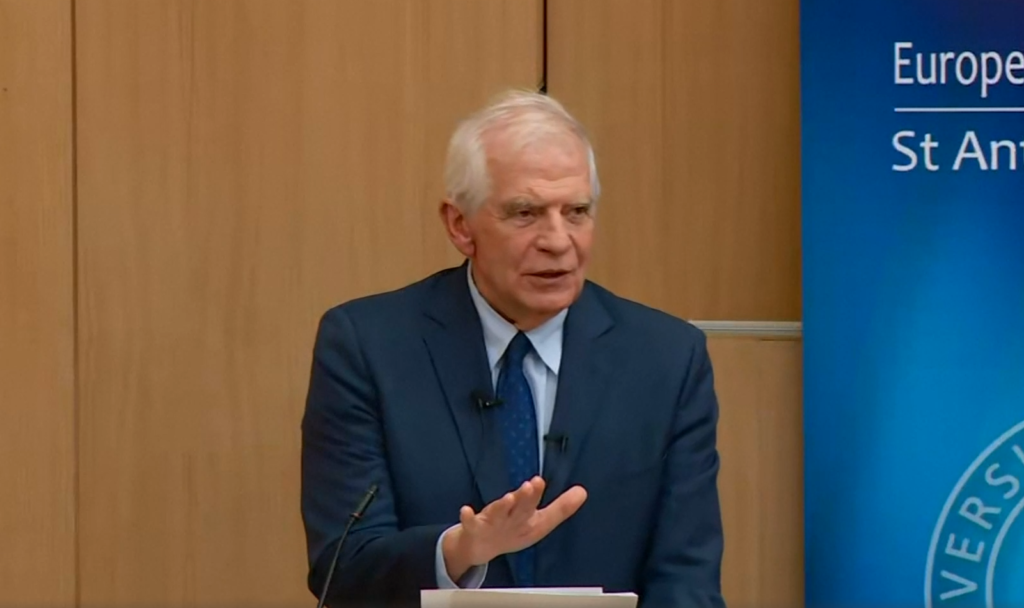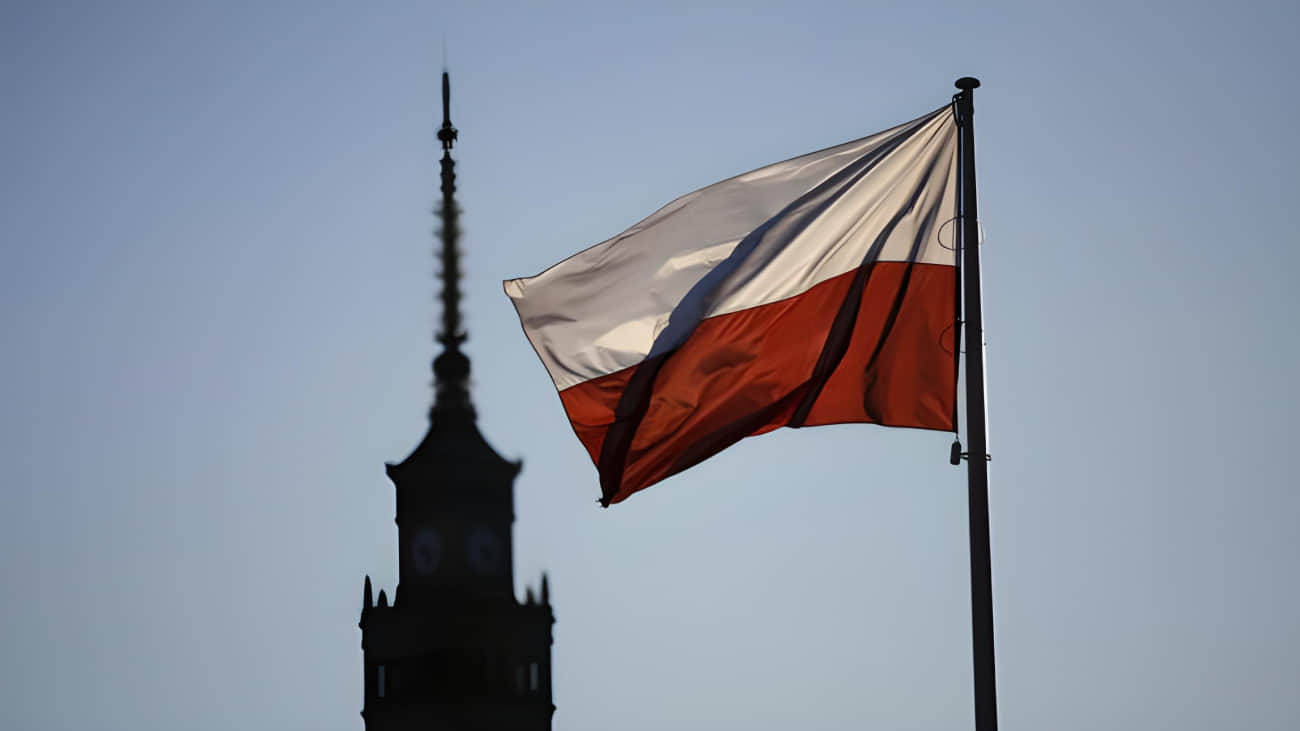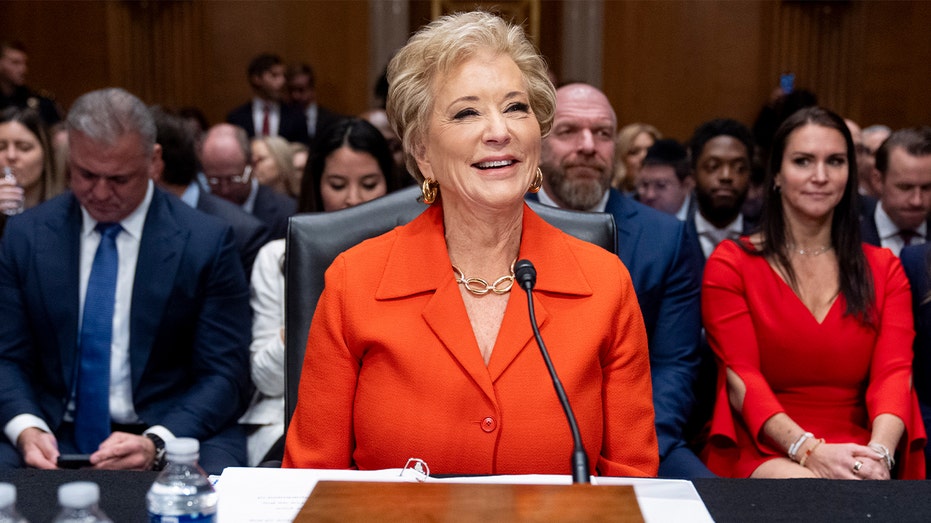Borrell: Russia is the most existential threat to Europe
Speaking at Oxford University, EU Representative for Security Policy Josep Borrell said Europeans should be aware of the prospect of having Russian troops on the Polish border, and Russia controlling 44% of the world‘s grain market if there is a weak reaction now.


During his speech, High Representative of the EU for Foreign Affairs and Security Policy Josep Borrell warned that interdependency and globalization failed. While Europeans wanted to create a ring of friends, what they obtained was a ring of fire “coming from the Sahel to the Middle East, the Caucasus, and now in the battlefields of Ukraine.”
“There are two wars where people are fighting for the land. This shows that geography is back. We were told that globalization had made geography irrelevant, but no. Most of the conflicts in our neighborhood are related to land, they are territorial. A land that has been promised to two people, in the case of Palestine, and a land at the crossroads of two worlds, in the case of Ukraine,” he said.
He provided statistics, saying that China is rising to the super-power status. In the last 30 years, China’s share of the world’s GDP has gone from 6% to almost 20%, while Europe went from 21% to 14% and the United States from 20% to 15%. This brought a dramatic change in the economic landscape.
Europeans also failed to perceive Russia as the most direct existential threat, also Putin openly spoke about his claims to Europe at least since 2007.
“First, we need a clear assessment of the dangers of Russia – Russia is considered as the most existential threat to Europe… Under Putin’s leadership, Russia has returned to the imperialist understanding of the world. Imperial Russia from the Tzar times and the Soviet Empire times has been rehabilitated by Putin dreaming of a former size and influence.
It was Georgia in 2008. It was Crimea in 2014. We did not see, or we did not want to see, the evolution of Russia under Putin’s watch. Even though Putin himself had warned us at the Munich Security Conference in 2007. It is important to re-read what Putin said in 2007 at the Munich [Security] Conference that I am afraid that nobody wanted to hear or to understand,” he said.
Borrell also stressed that faced with Russian authoritarianism, independence did not bring peace. On the contrary, “it turned into dependence, in particular on fossil fuels, and later, this dependence became a weapon.”
“Today, Putin is an existential threat to all of us. If Putin succeeds in Ukraine, he will not stop there. The prospect of having in Kyiv a puppet government like the one in Belarus, the Russian troops on the Polish border, and Russia controlling 44% of the world[‘s] grain market is something that Europeans should be aware of. Now Putin sees the whole West as an adversary. He made that clear in many of his speeches. Everything, every day is being said and repeated on Russian TV stations: “The West – the whole West, the global West – is our enemy”. And they act accordingly – through disinformation, poisoning our information environment, and the important factory of lies.“
He added that Ukraine is resisting in difficult circumstances, overcoming the fact that the United States and the European Union have not been supplying everything the Ukrainian army needs to continue the fight. He said Europe should work on Principles, Cooperation, and Strength to counter Russia now until it is too late.
Read also:
- ISW: Russian reportedly threaten to seize occupied Luhansk Oblast’s newborns if parents lack Russian citizenship
- Russian drone and missile attack on Kharkiv leaves four injured, including a child
- Russian losses in Ukraine reach 500.000, says France
- Zelenskyy unveils agenda for upcoming Global Peace Summit in Switzerland
- Ukraine seeks emergency assistance from EU countries amid Russian ballistic strikes



